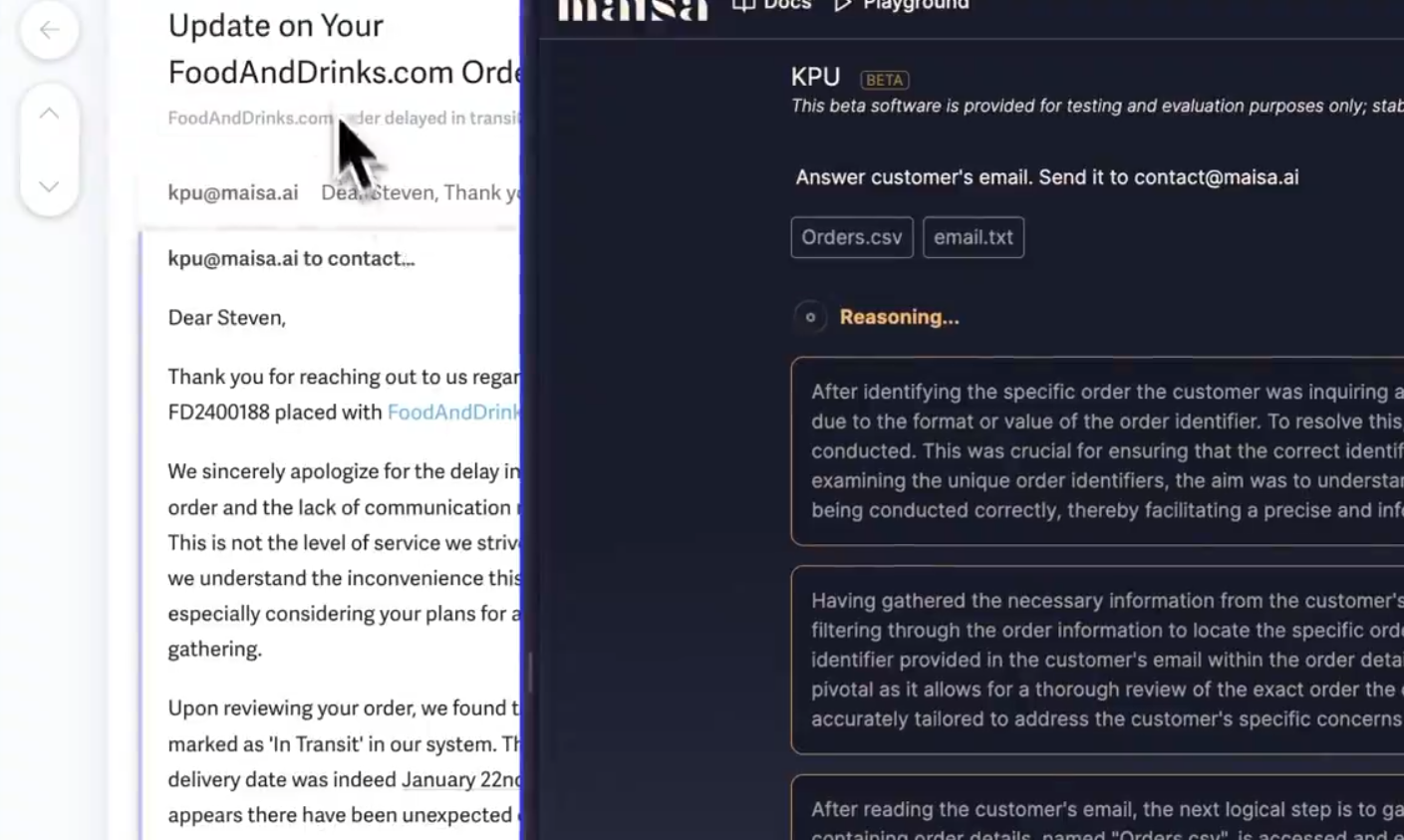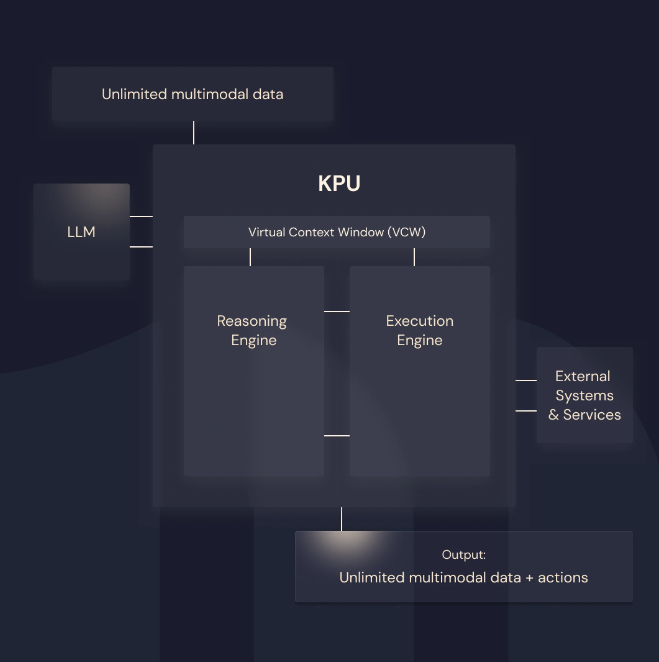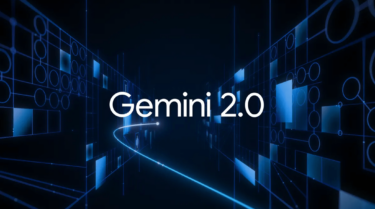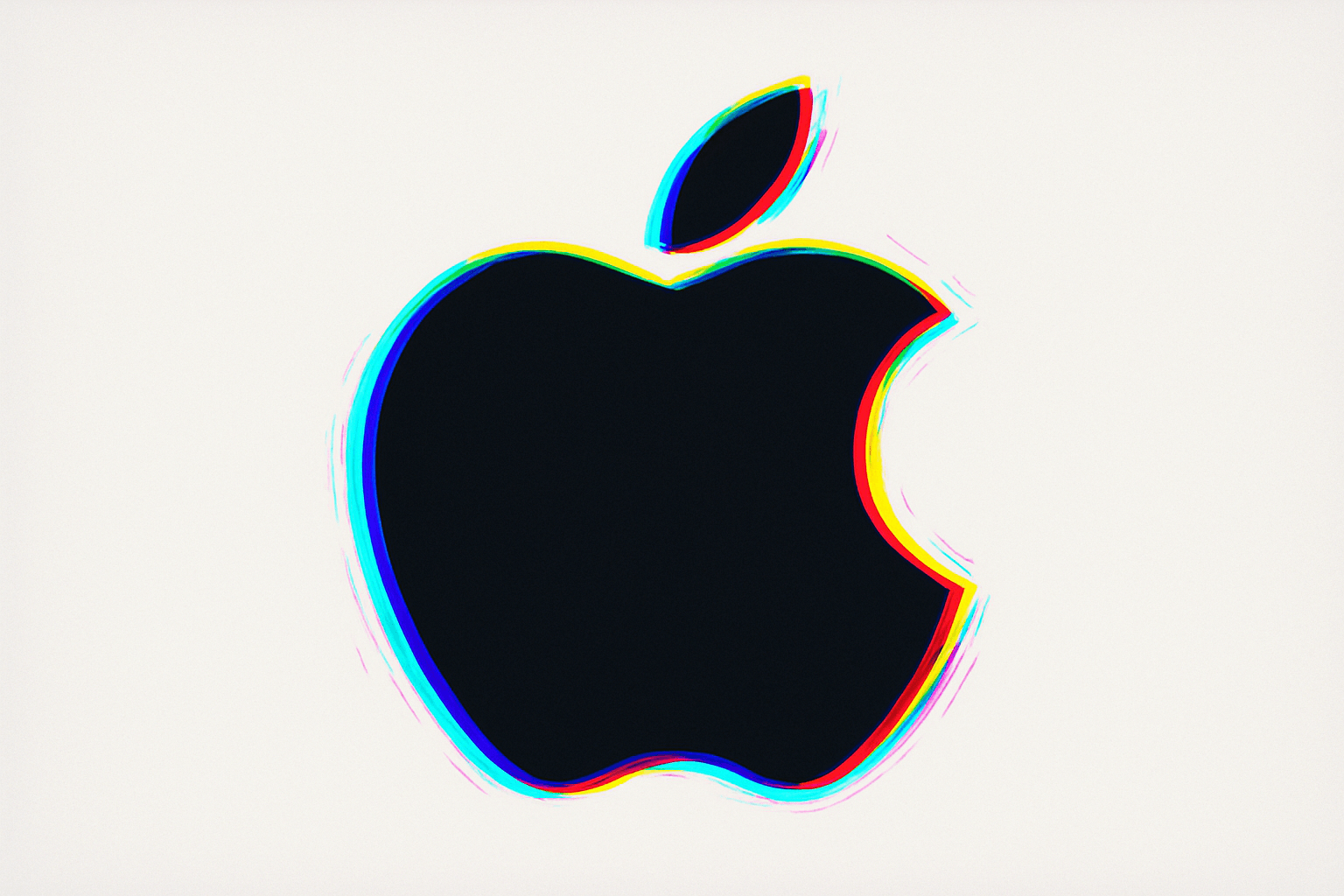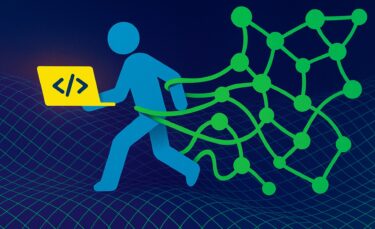AI startup Maisa has developed a novel software framework, the Knowledge Processing Unit (KPU), that provides language models such as GPT-4 or Claude with advanced reasoning capabilities - and has achieved top results in initial tests.
The KPU is designed to work with various language models in a modular fashion. David Villalón, CEO of Maisa, explains, "Think about it as if models were CPUs and the KPU is the GPU for knowledge management and processing."
The architecture has three main components: The reasoning engine, powered by an LLM such as GPT-4, determines the steps required to solve a task and identifies the necessary tools. The execution engine implements the planner's instructions and provides feedback on the process.
The Virtual Context Window optimizes the use of the language model's capabilities by intelligently managing data and providing only the essential information needed to solve the problem.
This targeted exchange of information allows the KPU to efficiently process longer texts and more complex tasks without resorting to techniques such as chunking (breaking text into chunks) or embedding (converting words into numbers).
The Virtual Context Window also automatically retrieves information from external sources, such as Wikipedia or downloadable files, to enhance the performance of the reasoning engine.
Maisa claims that the decoupling of inference and data processing in the KPU addresses common weaknesses of current large language models, such as hallucinations, limited context windows, outdated knowledge, and incompatibility with external systems. Additionally, the framework is designed to be more efficient and cost-effective than using the model directly for complex, multi-level logic solutions.
Demo: The KPU reads a customer's email, finds the correct order despite a misspelled order number, and replies to the customer with the location of the package. This is made possible by an extensive reasoning process. | Video: Maisa
Maisa KPU improves GPT-4
In initial tests, Maisa optimized OpenAI's GPT-4 reasoning capabilities with its KPU. When combined with Anthropic's Claude 3 Opus language model, the KPU showed even more "very significant" improvements in benchmark results, Villalón said. The more capable the language model used, the better the KPU is likely to perform.
On challenging reasoning benchmarks such as GSM8k for mathematical text tasks, the MATH dataset for math competitions, the DROP reading and comprehension task, and parts of Big-Bench Hard, GPT-4 coupled with the KPU achieved top scores in the zero-shot approach, i.e. without additional instructions or examples, and outperformed leading language models. Maisa has published the results for review.
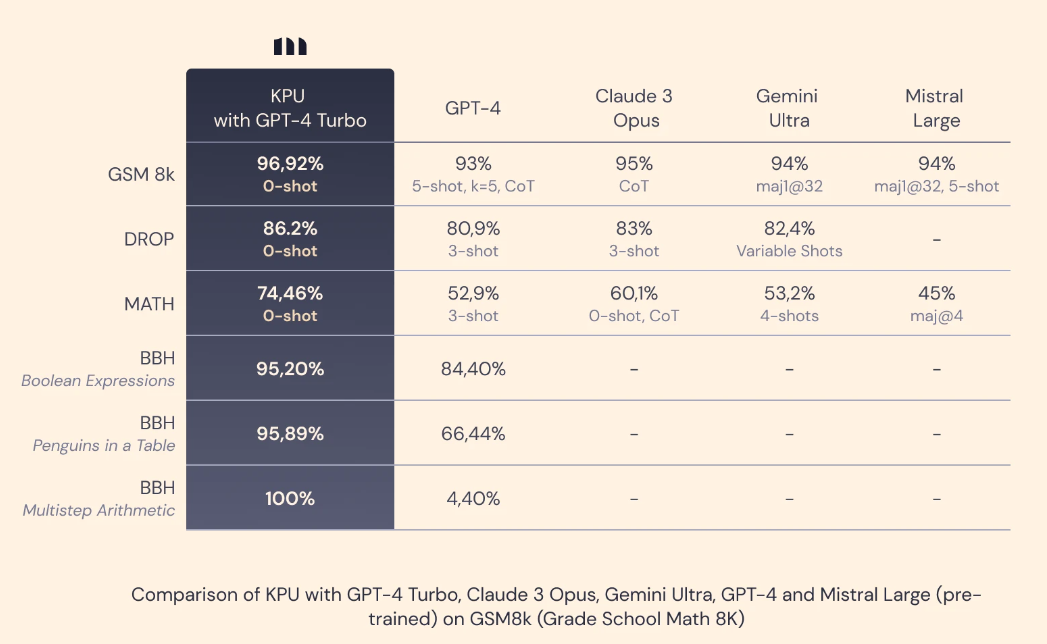
Maisa sees potential applications in digital assistants with expert knowledge, automation of complex processes, analysis of large amounts of data, and intelligent learning programs. The modular structure of the KPU allows for flexible use and scalability, the company says.
While the KPU is currently in the test phase, interested parties can join a waiting list for a beta version. Maisa has not yet announced a date for market readiness, but the system will be offered via API and as a web interface.
If the KPU lives up to its promise, it could significantly improve the ability of AI systems to think and solve problems on their own. However, it remains to be seen whether Maisa's technology has a unique selling point or whether similar approaches (see Q*, Cappy or Quiet Star) are already being developed by Big AI.
